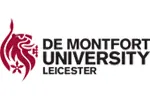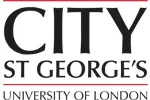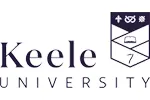Speech and language therapists work collaboratively with children and adults of all ages who are experiencing challenges with speech, language and communication and/or eating, drinking and swallowing. We work closely with parents, carers and families, as well as many other professionals, to identify, assess and offer support to people in many, different ways. Speech and language therapy really is a rich and varied profession.
At DMU, you’ll study a wide range of topics across the three-year programme – including phonetics and phonology, psychology, medical sciences, linguistics and language development. As the course progresses, you’ll learn more about communication disabilities, evidence-based practice and intervention and have opportunities to develop your own focus in your final year dissertation project.
Alongside your academic studies, each year you’ll undertake practice-based learning, including weekly and block placements in a range of settings, such as schools, hospitals, care homes and in the community. This enables you to apply your learning to practice and develop your clinical and professional skills in real-life situations.
Key features
- Our course is approved by the Royal College of Speech and Language Therapists and graduates are eligible to apply for registration with the Health and Care Professions Council to practise as a professional.
- Varied practical opportunities, right from the beginning of year 1, will enable you to build your essential clinical and professional skills.
- We have a strong focus on developing inter-professional skills and include specific events and activities in each year, working with other health and education students to understand and make the most of effective collaborative working.
- We have well-established links with East Midlands NHS, school and independent providers to ensure a dynamic and clinically relevant curriculum.
- We have a clear emphasis on employability throughout our teaching and learning, as well as inviting employers, newly qualified and experienced SLTs to share their knowledge and perspectives to support your transition from student to SLT.
- You could gain valuable international experience as part of your studies with our DMU Global programme. Previous students have visited schools and community groups in India, supported deaf children in The Gambia and taught English to children in Bangkok.



